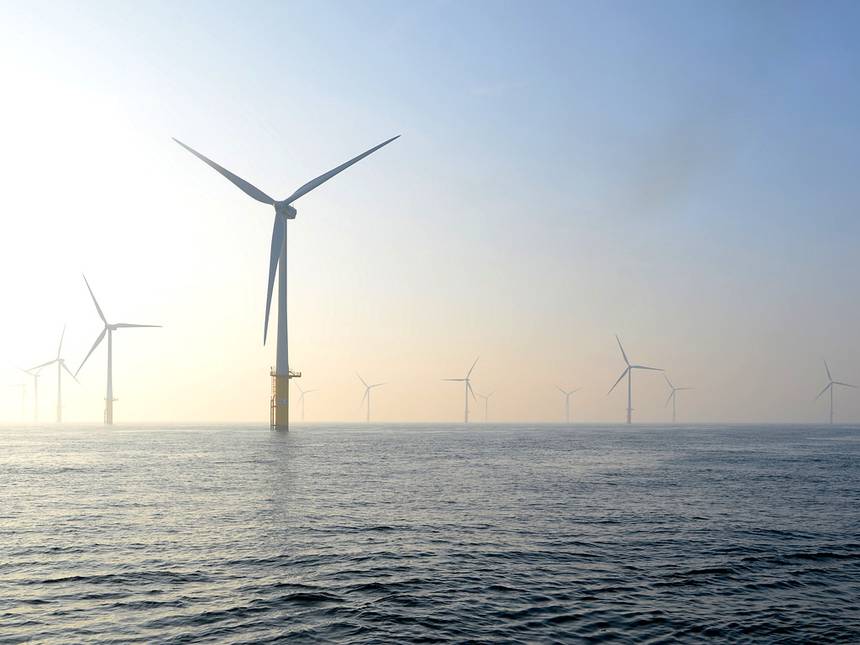And it couldn’t come a moment too soon.
I’ll say it again: Amid some pretty depressing headlines on climate of late, the rapid collapse of coal in Britain has been a reminder of just how fast and unpredictable change can be once it really takes hold. And with other countries moving up their coal phase-out plans, there’s reason to believe that the dirtiest of dirty fossil fuels is finally on the ropes.
But what about Asia?
Despite research linking significantly lower life expectancy in China to emissions from the burning of coal, it’s long been assumed that coal consumption would continue to grow in the region for many years to come. That was also true in Japan, where the post-tsunami nuclear phase-out led to a reliance on coal that was initially hard to shake.
Recently, however, things have begun to shift. Japanese insurers started to explore coal divestment, and now Ben Smee and Daniel Hurst over at the Guardian suggest that a broader conversation is happening in which investors are ditching new coal mining and production in favor of a massive expansion of renewables, including 13 offshore wind farms currently in the planning and environmental impact phase:
Major Japanese investors, including those most indebted to coal, are seeking to back large-scale renewables projects across Asia, marking a “monumental” shift that energy market analysts say is “the start of the end for thermal coal”. At the same time, Japanese banks and trading houses are walking away from coal investments, selling out of Australian mines and scrapping plans to build coal-fired power.
Of course, Japan is just one country. But Tim Buckley, an energy analyst, argues that Japanese investors are central to the coal industry’s overall plan for the future. Once they go, Buckley tells the Guardian, very little makes sense in terms of future growth plans. Add this to news reported yesterday that one of China’s largest state-owned investment companies is dropping coal also.
Who knows? Maybe we’ll see even more pro-environment concessions from the Australian government soon. Because their coal exports aren’t likely to pick up if these trends continue…
